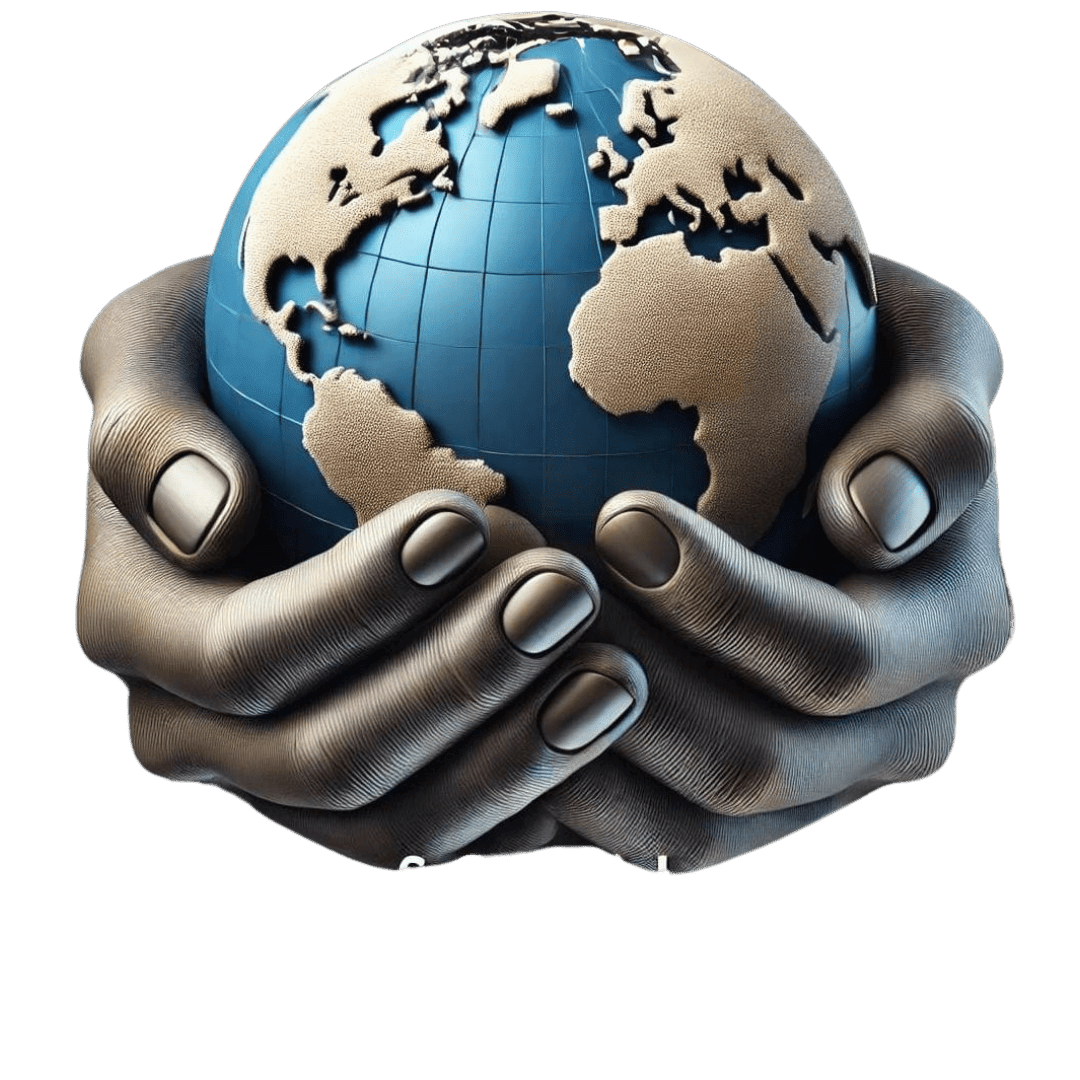The Connection Between Domestic Violence and Substance Abuse: Breaking the Cycle

Posted on March 4th, 2023
Domestic violence and substance abuse are two complex issues that are often intertwined. Survivors of domestic violence are at an increased risk of developing substance abuse disorders, while individuals who struggle with substance abuse are more likely to perpetrate domestic violence. At Social Humanity Center, Inc., we specialize in non-profit services for safety against domestic violence, intimate partner violence, and child abuse. We offer legal assistance and referrals for obtaining protection orders, safety planning assistance, assistance with immediate transportation support, and a 24/7 warmline for emergency support. In this blog post, we will discuss the connection between domestic violence and substance abuse and provide strategies for breaking the cycle.
The Link Between Domestic Violence and Substance Abuse
Domestic violence and substance abuse often go hand in hand. According to the National Coalition Against Domestic Violence, up to 80% of domestic violence cases involve drugs or alcohol. Survivors of domestic violence may turn to drugs or alcohol as a way to cope with the emotional trauma they have experienced. On the other hand, individuals who struggle with substance abuse may become violent towards their partners due to the effects of drugs or alcohol.
Breaking the Cycle
Breaking the cycle of domestic violence and substance abuse can be a difficult process. However, there are strategies that can help survivors and individuals struggling with substance abuse on their journey to healing and recovery.
- Seek support - Survivors and individuals struggling with substance abuse should seek support from family, friends, and professionals. They should reach out to their local domestic violence shelter or counseling center for help.
- Attend therapy - Therapy can be a helpful tool for survivors and individuals struggling with substance abuse. Therapy can help them process their emotions and learn healthy coping strategies.
- Join a support group - Survivors and individuals struggling with substance abuse can benefit from joining a support group. Support groups can provide a sense of community and help individuals feel less alone.
- Create a safety plan - Survivors should create a safety plan to ensure their safety and the safety of their children. Individuals struggling with substance abuse should also create a plan to prevent domestic violence.
- Address substance abuse - Individuals struggling with substance abuse should seek treatment for their addiction. This can include inpatient or outpatient treatment, counseling, and support groups.
Resources for Breaking the Cycle
There are many resources available for survivors and individuals struggling with substance abuse. These resources can provide support, information, and guidance as they navigate the healing process.
- National Domestic Violence Hotline - The National Domestic Violence Hotline provides crisis intervention and referrals to local resources for survivors of domestic violence.
- Substance Abuse and Mental Health Services Administration (SAMHSA) - SAMHSA provides information and resources for individuals struggling with substance abuse.
- Alcoholics Anonymous - Alcoholics Anonymous provides support for individuals struggling with alcohol addiction.
- Narcotics Anonymous - Narcotics Anonymous provides support for individuals struggling with drug addiction.
- Social Humanity Center, Inc. - At Social Humanity Center, we offer a range of non-profit services for safety against domestic violence, intimate partner violence, and child abuse. We provide legal assistance and referrals for obtaining protection orders, safety planning assistance, assistance with immediate transportation support, and a 24/7 warmline for emergency support.
The link between domestic violence and substance abuse is a complex issue that requires support, resources, and understanding. At Social Humanity Center, Inc., we are committed to breaking the cycle of domestic violence and substance abuse. We provide essential services and support to survivors of domestic violence and individuals struggling with substance abuse. If you or someone you know needs help, please call us at (480) 915-8153 or email us at [email protected] to learn more about our services
Get Involved Today!
We’re here to support you. Whether you have questions or need more information about our programs, feel free to reach out. We look forward to hearing from you!
